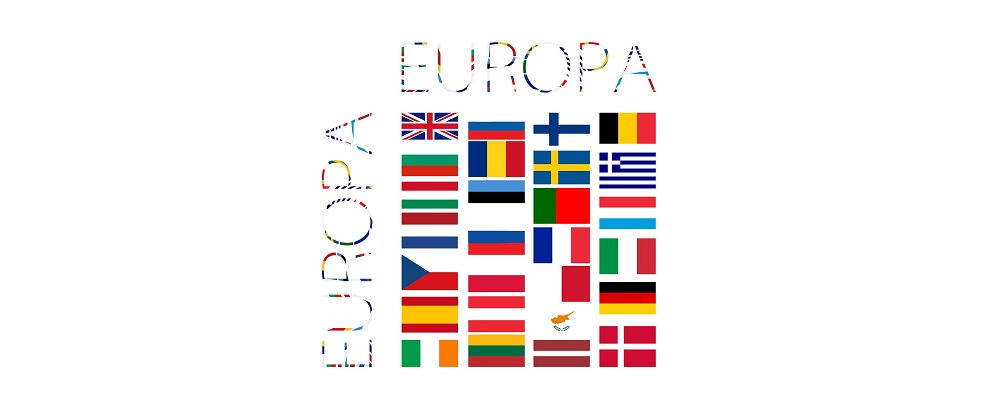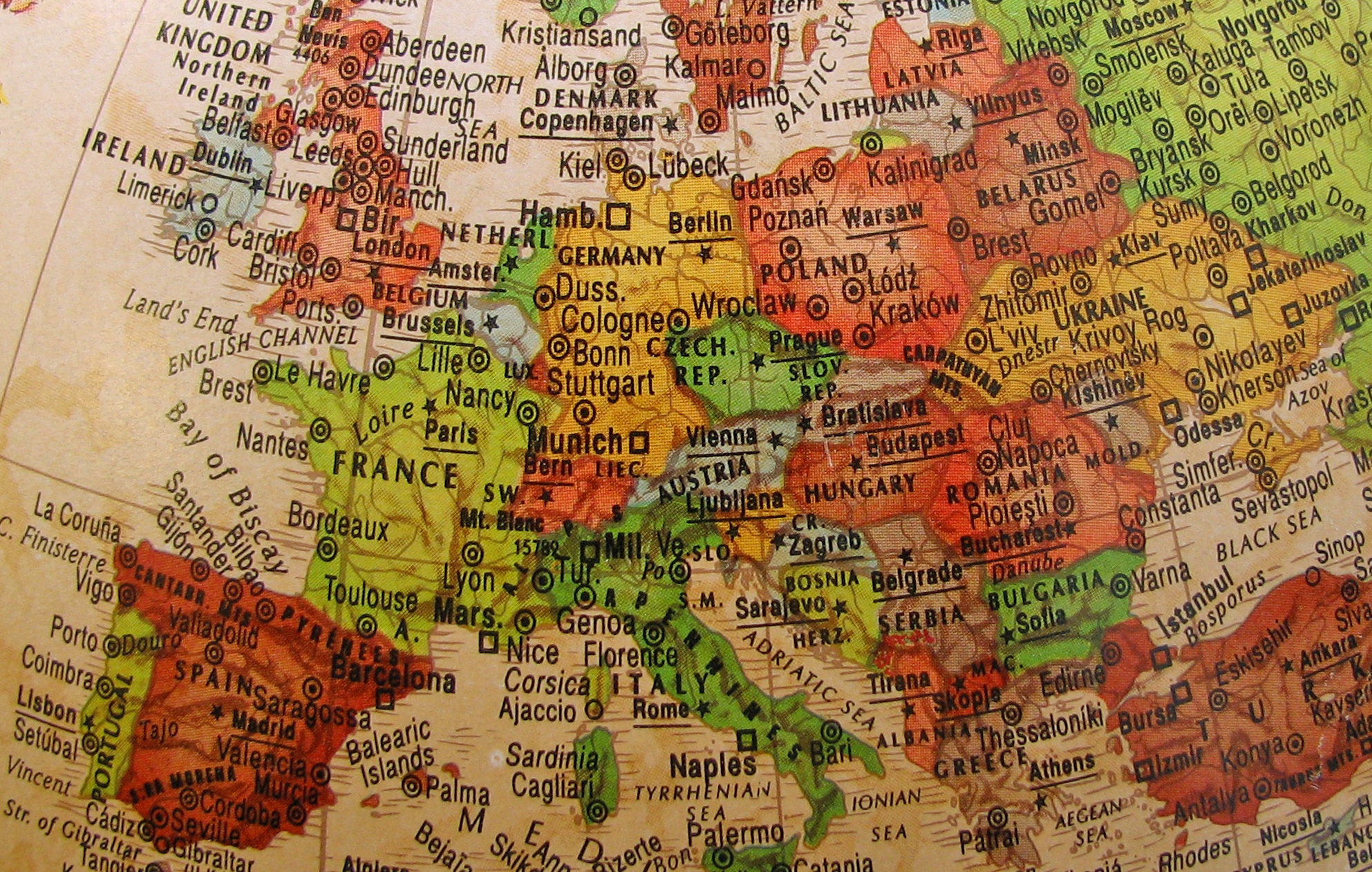The registration of Community Trademark (European Trademark) are becoming a more common process due to its great benefits and low cost, reasons why the number of applications of this kind of protection since its creation follows an upward trend and is constantly growing.
Its application covers the current 28 member States of the European Union (as well as to any subsequent annexations):
| Austria | Germany | Malta |
| Belgium | Greece | Poland |
| Bulgaria | Holland | Portugal |
| Cyprus | Hungary | Romania |
| Croatia Czeck Republic | Ireland | Slovakia |
| Denmark | Italy | Slovenia |
| Estonia | Latvia | Sweden |
| Finland | Lithuania | Spain |
| France | Luxembourg | United Kingdom |
The process for the registration of a trademark in the European Union, if there is not office actions or oppositions, goes from 8 to 10 months. The trademark is valid for 10 years from the date of application and renewable for equal periods indefinitely.
Besides, it is possible to have 6 months of international priority to extend the protection of the Community Trademark application to other countries maintaining the original application date.
Essential features of Community trademark:
- Possibility of claiming seniority (besides priority) of previous record registered trademarks in any country of the European Union.
- In its system of oppositions: the one who loses, pays.
- Possibility to convert a CTM into a national trademark in one or more EU countries.
The process of a Community Trademark consists of the following steps:
- Appliaction.
- Fromal examination.(1 week).
- Publication and term for third parties oppositions (Term: 3 months).
- Resolution of granting or denial and time limit for bringing an appeal (within 2 months).
Once it is granted, it must be maintained a watching service on the trademark registration in order to be informed about all the new applications that may confuse the user or consumer. This monitoring shall include all valid trademark applications in the UE, that is, Community Trademark strictly speaking and trademark applications of each one of the member states, in order to have the possibility to file administrative oppositions if considered appropriate.





